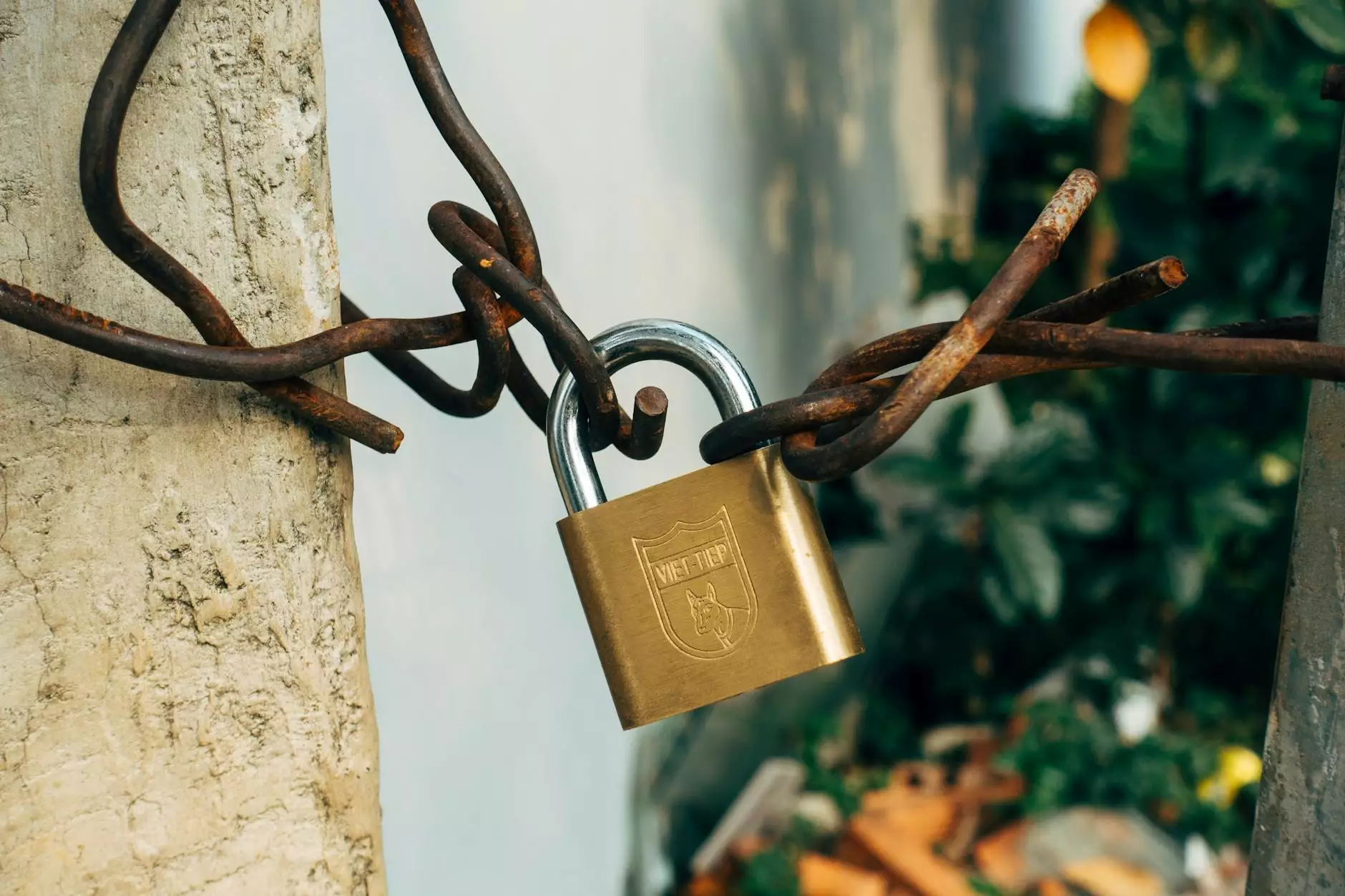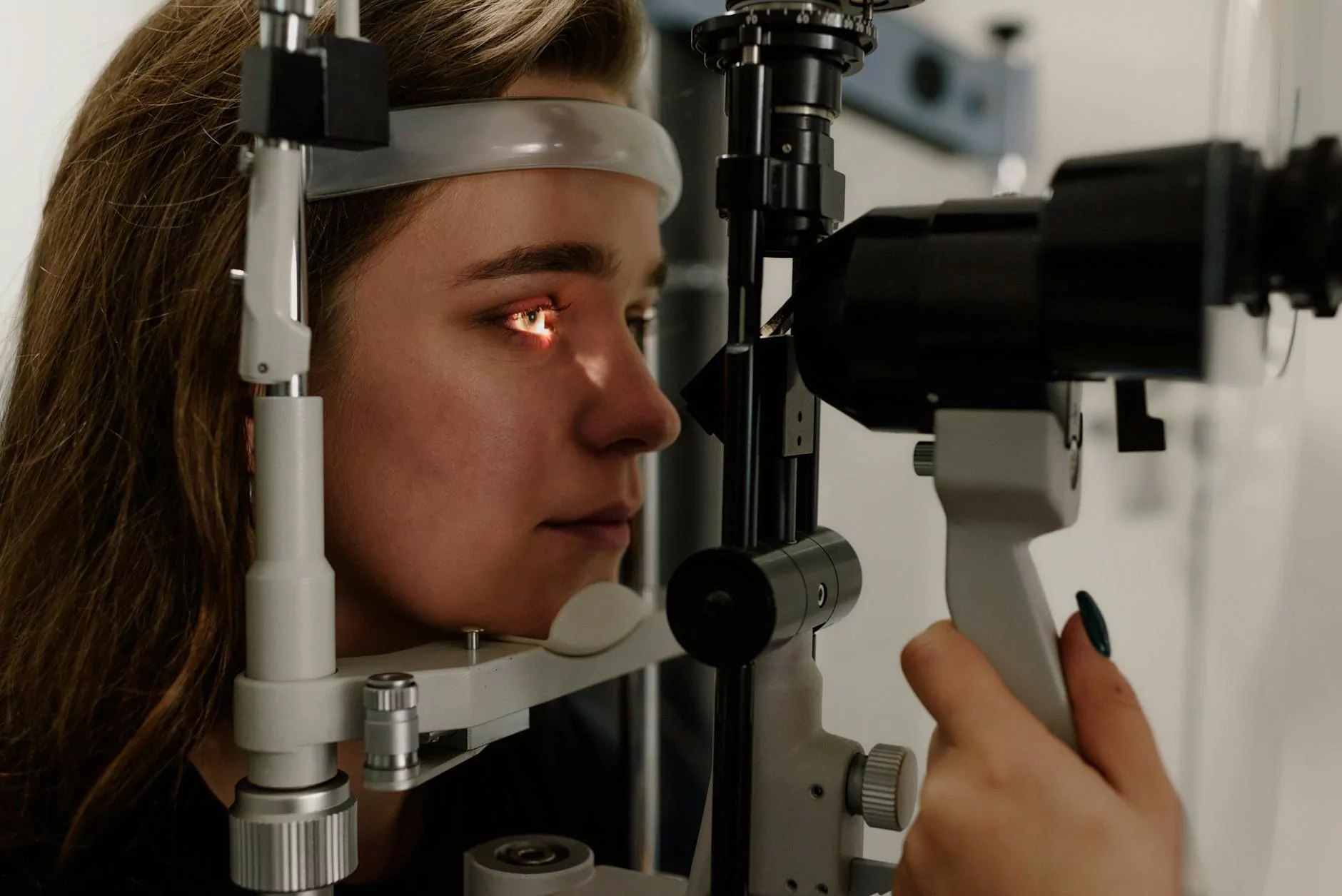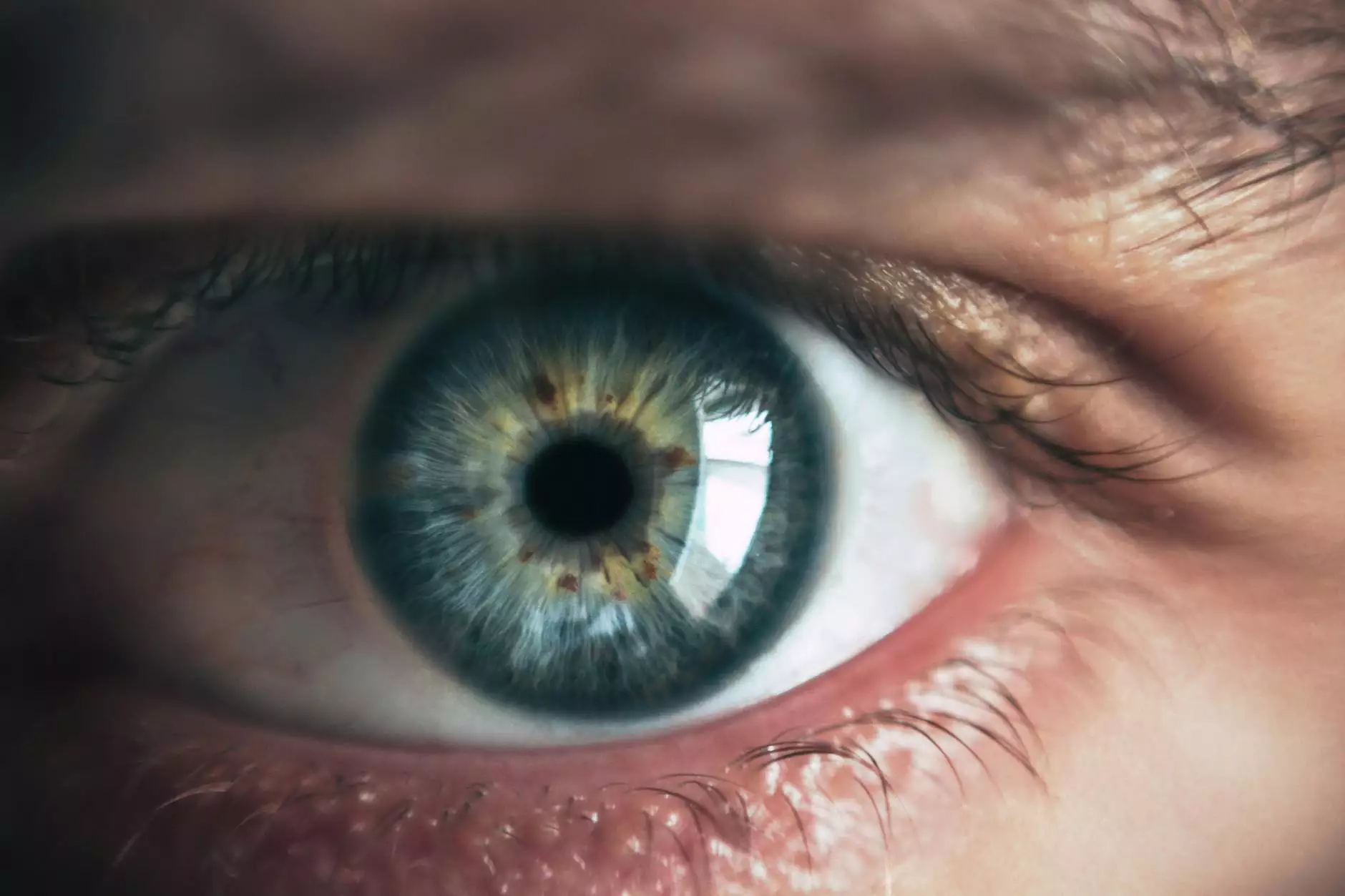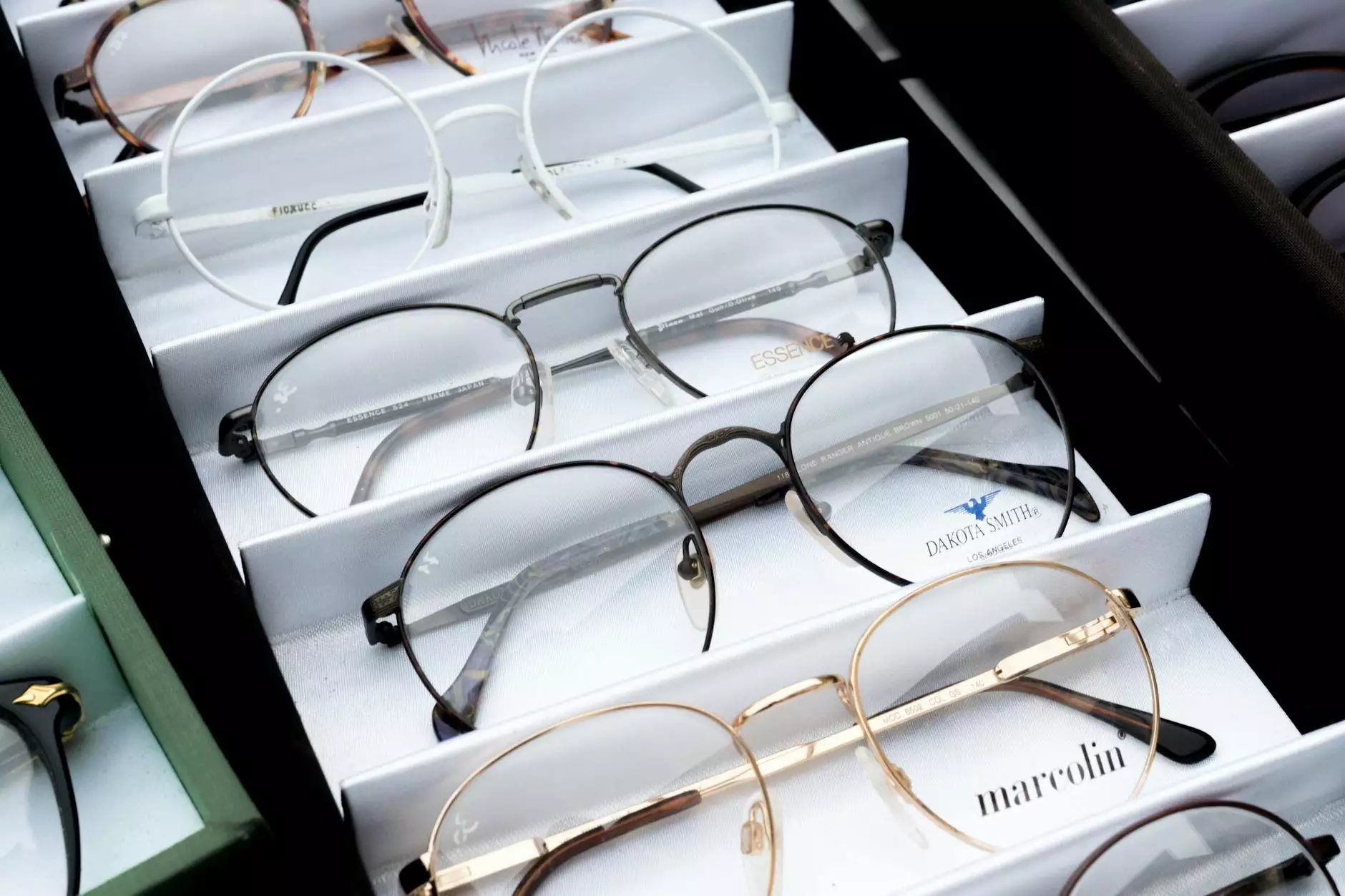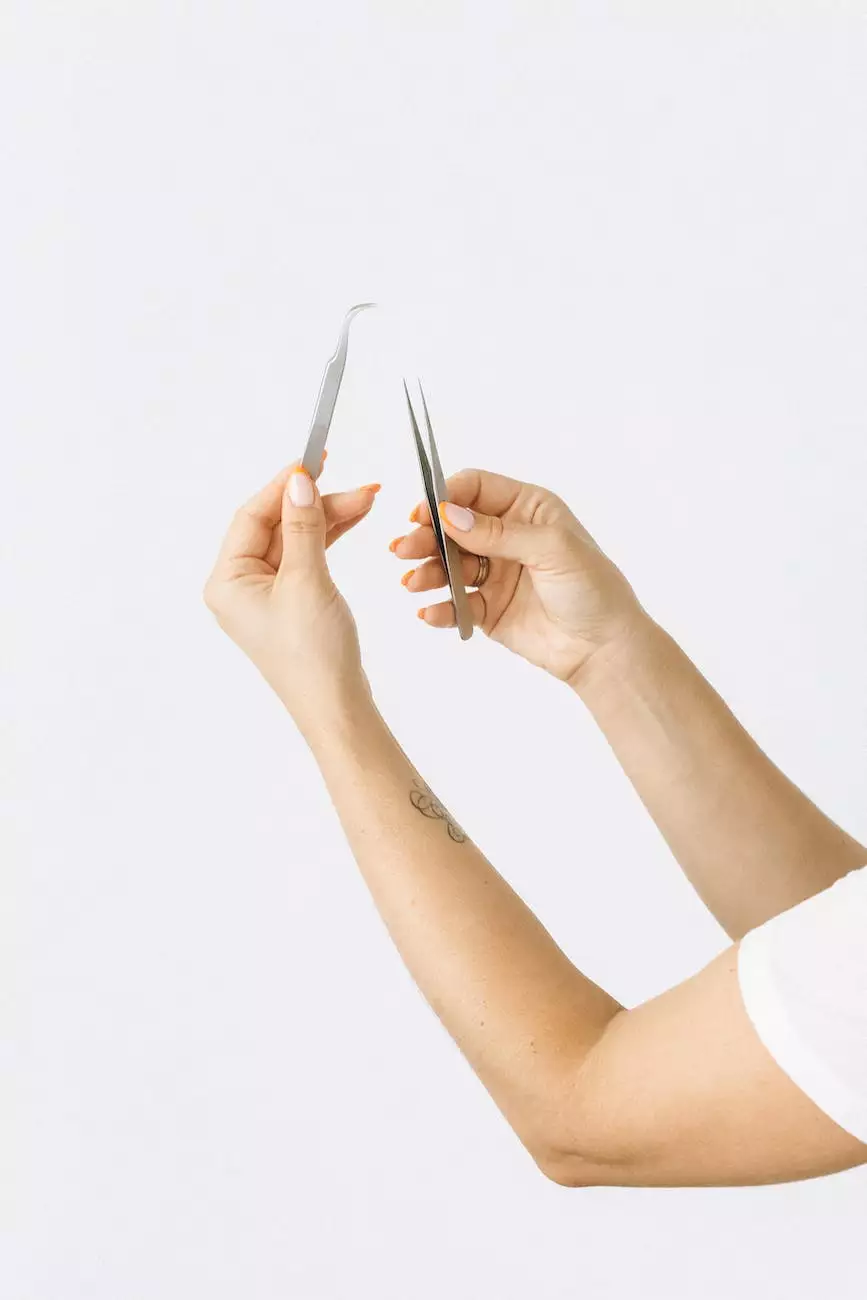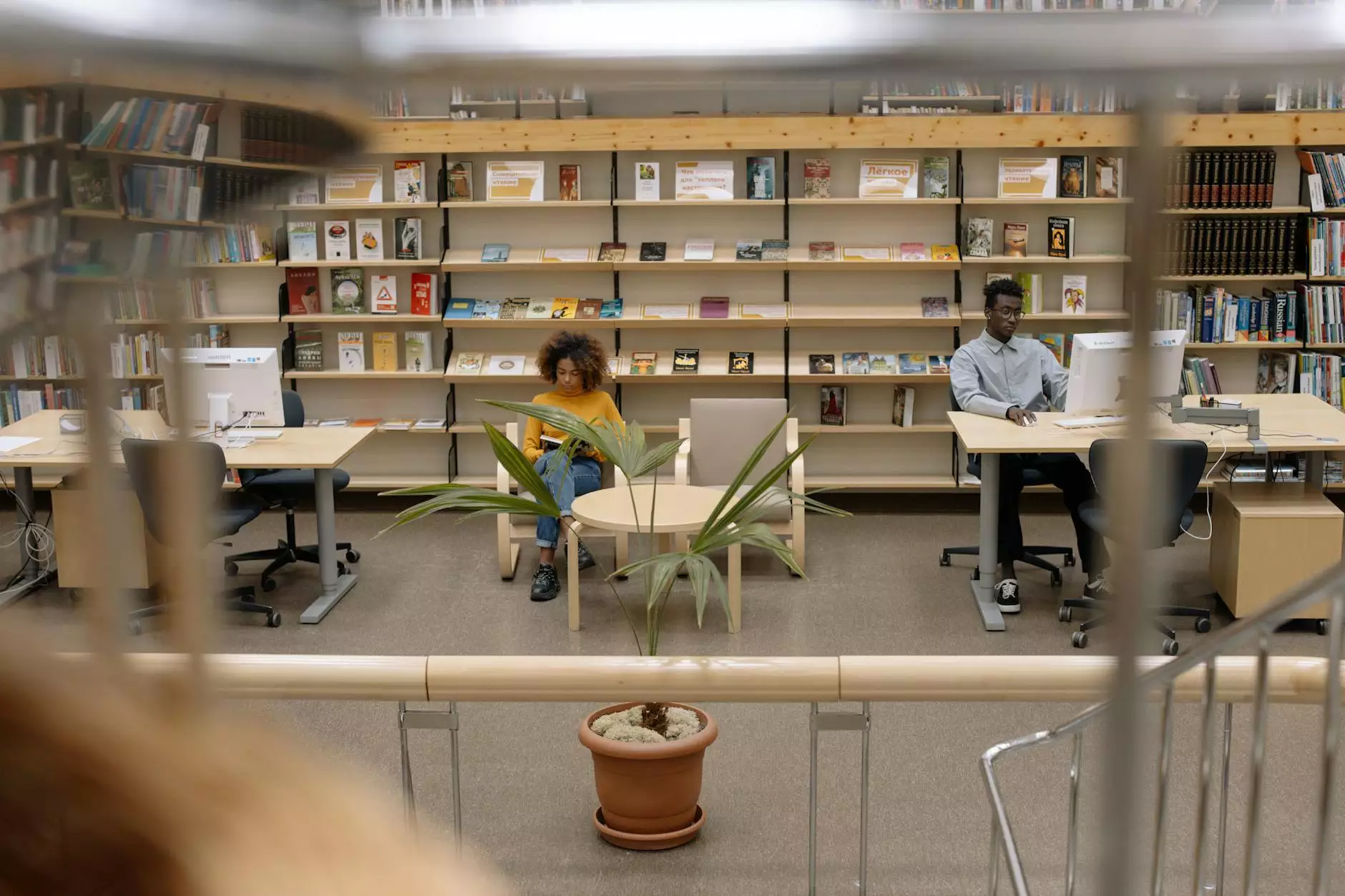What Does it Mean to be Legally Blind?
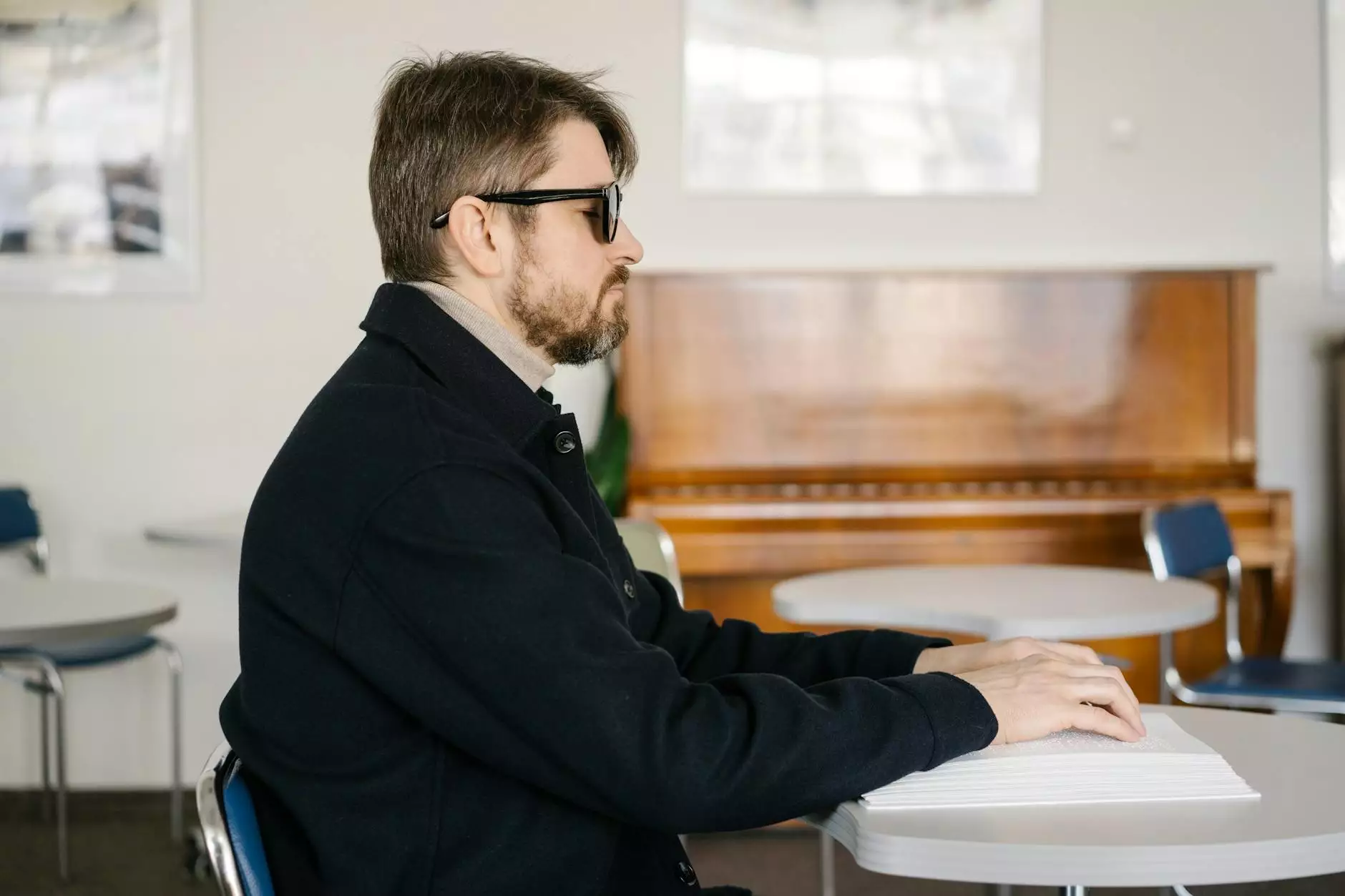
Understanding Legal Blindness
Being legally blind is a term used to describe significant visual impairment that affects an individual's ability to perform daily activities without assistance. While the definition varies across countries, in the United States, a person is considered legally blind if their visual acuity is 20/200 or worse in their better eye, even with corrective lenses, or if their visual field is limited to 20 degrees or less.
Causes of Legal Blindness
There are various causes of legal blindness, including:
1. Age-Related Macular Degeneration (AMD)
AMD is a progressive eye disease that affects the macula, the central part of the retina responsible for sharp, central vision. It is a leading cause of legal blindness among older adults.
2. Glaucoma
Glaucoma is a group of eye conditions that damage the optic nerve, resulting in vision loss. It often develops slowly and can go unnoticed until significant damage has occurred.
3. Diabetic Retinopathy
Diabetic retinopathy is a complication of diabetes that affects the blood vessels in the retina. Over time, it can lead to vision loss and blindness if not managed properly.
4. Cataracts
Cataracts are characterized by the clouding of the eye's natural lens, leading to blurry vision and decreased visual acuity. They are a common cause of visual impairment, especially in older individuals.
Implications of Legal Blindness
Being legally blind can significantly impact an individual's daily life and independence. Some of the common challenges faced by individuals with legal blindness include:
1. Mobility and Navigation
Navigating the physical environment can be challenging for those with visual impairments. They may require assistance or rely on mobility aids such as white canes or guide dogs to navigate safely.
2. Employment and Education
Legal blindness can present barriers to employment and educational opportunities. However, with appropriate accommodations and support, many individuals with visual impairments can pursue successful careers and academic achievements.
3. Daily Living Activities
Performing everyday tasks such as cooking, cleaning, and personal grooming may require adaptations or assistive technologies for individuals with visual impairments. Rehabilitation services and training can help develop necessary skills.
Treatment and Support
While legal blindness cannot typically be reversed, there are various treatment options and support systems available to improve quality of life:
1. Low Vision Aids
Low vision aids include magnifiers, telescopic lenses, and specialized glasses designed to enhance remaining vision. These assistive devices can help individuals with visual impairments perform tasks more independently.
2. Rehabilitation Services
Vision rehabilitation programs offer support and training to individuals with visual impairments, focusing on developing skills for independent living, employment, and maximizing remaining vision.
3. Accessible Technology
Advancements in technology have provided visually impaired individuals with access to a wide range of assistive devices, including screen readers, Braille displays, and speech recognition software, enabling them to use computers and mobile devices effectively.
Expert Eye Care Services at David J Scholten, OD, PC
At David J Scholten, OD, PC, we specialize in providing comprehensive eye care services, including the diagnosis and management of visual impairments. Our team of optometrists and specialists is dedicated to optimizing your eye health and visual abilities.
With a patient-centered approach, we strive to understand your specific needs and provide personalized treatment plans. Whether you require regular eye exams, low vision assessments, or assistance with visual aids, we are here to help.
Contact David J Scholten, OD, PC, today to schedule an appointment and take a step towards improving your eye health and overall well-being.
